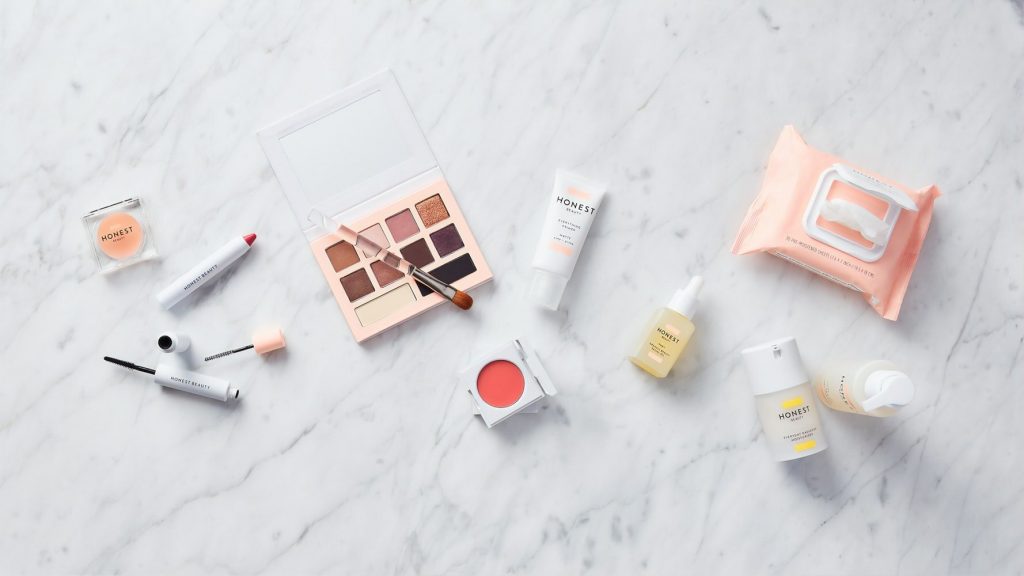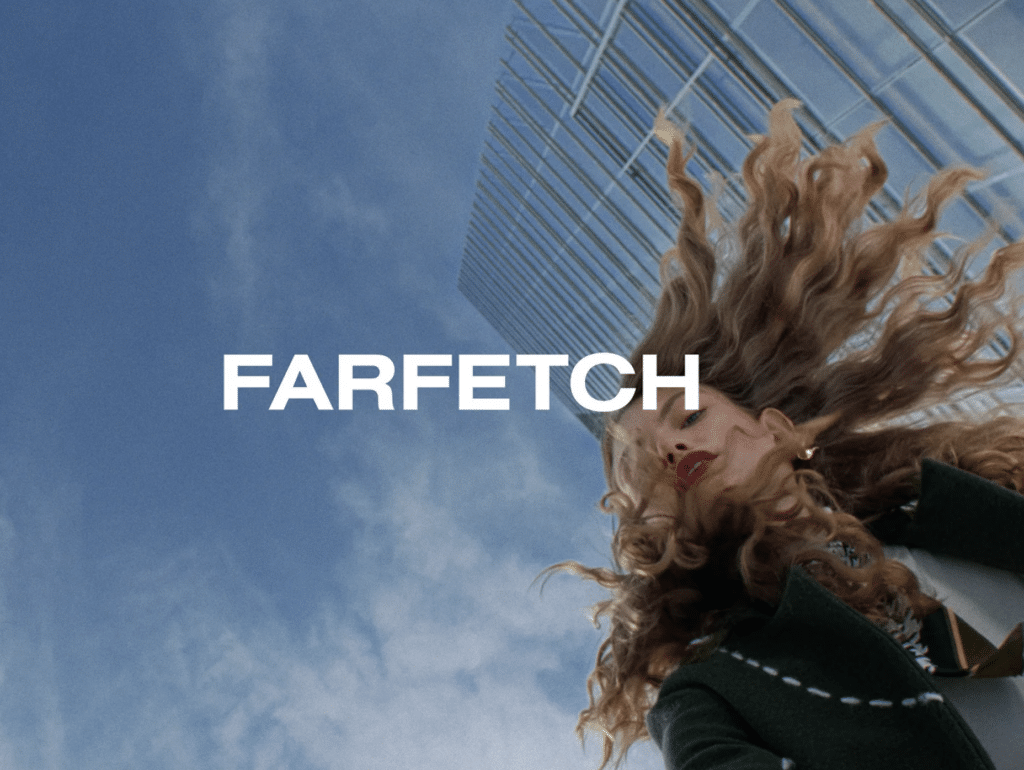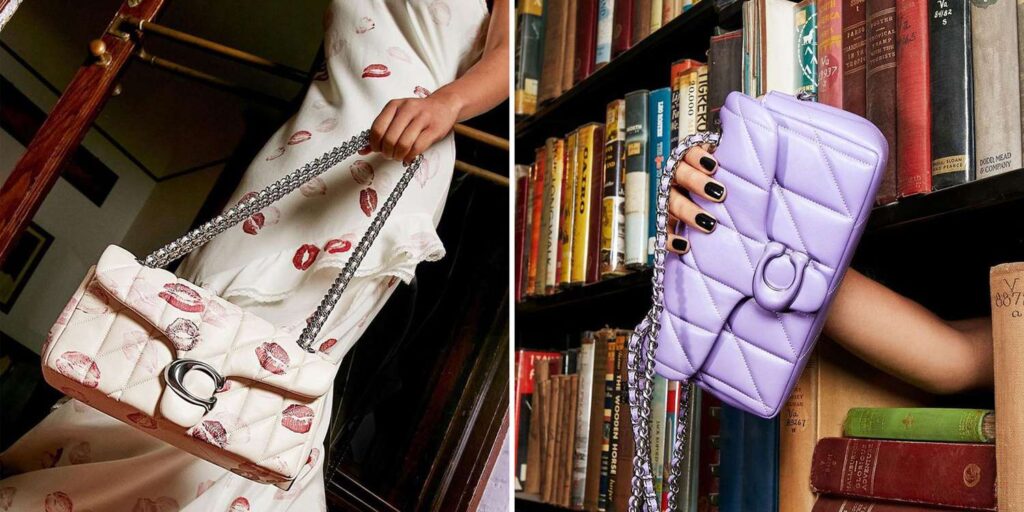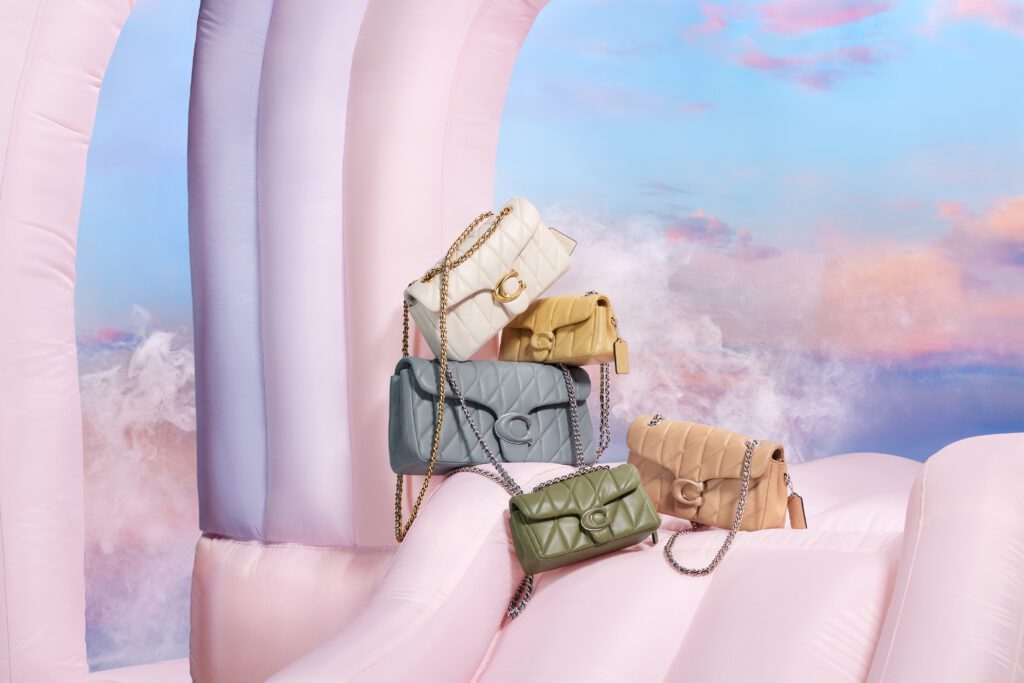How do you go from the Hollywood big screen to the cover of Forbes, alongside the title “America’s Richest Self-Made Women,” for building a $1 billion brand, in under a decade? Ask Jessica Alba. The actress is one of the co-founders of Honest Co., a beloved consumer goods company that boasts a lineup of “101+ safe, effective and delightful products for baby, personal care, cleaning, vitamins and more,” but you likely already knew that.
Honest Co.’s start was reasonable enough. In 2008, a pregnant Alba – who got her “big break” in 1998 when James Cameron cast her as the lead in television series Dark Angel and then went on to star in films including, Sin City and Fantastic Four, among others – broke out in hives from a detergent she used to pre-wash onesies for her soon-to-be born daughter, Honor. It was then that she first dreamt up the idea for her company, a wellness brand that would offer “safe, effective products that perform,” and that she, as a discerning mother-to-be, could use for her children, her home, and herself.
A Tough Sell … But Only At First
The Honest Co. did not take off right away. Surprisingly, given the current demand for all things wellness related, a lifestyle brand dedicated to removing various harmful chemicals and toxins from everyday products was not an initially easy sell for Alba. Introduced to Brian Lee – the entrepreneur who built Legalzoom.com with attorney Robert Shapiro of OJ Simpson fame, and then ShoeDazzle.com, alongside Shapiro, Kim Kardashian, and MJ Eng – Alba pitched her venture. Lee was initially skeptical, opting not to partner with Alba on the project. Two other potential investors turned the actress down, as well. And while those two unnamed investors never returned to the table, Lee swiftly came around a year and a half later, once his wife had their first child and Lee personally identified with a void in the market that he and Alba could fill by way of the Honest Co. That was, as Lee told Vanity Fair, “Making safer homes for everyone.”
With Lee on board, the duo built a team. The other members of Honest Co.’s founding four include: Sean Kane, who Lee recruited from PriceGrabber.com, a price-comparison shopping site; and Christopher Gavigan, who, at the time, was serving as the CEO and executive director of Healthy Child Healthy World, a national nonprofit dedicated to “empowering parents to protect children from harmful chemicals.” When the Playa Vista, California-based company took off in 2012 – its first full annum – with just 17 products, including diapers and wipes, sales reached $10 million. Alba and co. were on to something.
A Billion-Dollar Brand
Fast forward just three years to August 2015, and following a $100 million round of funding, Honest Co. raised its valuation to $1.7 billion, making the company a unicorn (a company, usually a start-up, that does not have an established performance record, yet has a stock market valuation or estimated valuation of more than $1 billion).
As of 2016, the company boasted more than 200 employees, and brought in upwards of $300 million in revenue. Despite getting its start purely as a digital direct-to-consumer business with an emphasis on monthly subscription deliveries, Honest Co. now stocks its products at major retailers, including Nordstrom, Target and Whole Foods, and has experimented with brick-and-mortar sales by way of a pop-up shop at The Grove, a shopping center in Los Angeles. This retail breakdown means that roughly “30 percent of Honest’s revenue came from sales in brick-and-mortar chains. The remainder comes from online sales, with 60 percent of that digital pie attributed to recurring monthly deliveries,” as Lee told Re/code in 2015.
In addition to exploring with its domestic retail structure, Honest Co. has expanded geographically to Canada and South Korea, the latter of which is thanks to a partnership with Coupang, Korea’s largest online retailer, and is said to be looking to China for even more growth. It will expand further thanks to the investment from LVMH-linked private equity firm L Catterton, which put $200 million into the brand in June 2018. The company has also progressed significantly in terms of its product offerings. Its initial 17 products are now well over 100, and consist of everything from diapers (one of Honest’s most celebrated items) and home products to a fully-fledged cosmetics and beauty collection, including a hair care collection. Its 2-in-1 mascara and primer is currently out of stock, a testament to the appeal of the company’s beauty capabilities.
Still yet, there have been executive-level changes in play as of late, as well. In furtherance of what Honest has called a “strategic shift from e-commerce to omni-channel brand,” the company “overhauled its entire executive team [this year] after realizing it needed to bring on executives more experienced in developing and marketing products to be sold in traditional retail stores,” according to Re/code. One such executive-level change: Lee – who remains a director on the company’s board – vacated his founding CEO seat this spring to make room for former Clorox Company chief operating officer, Nick Vlahos. Also, as of late last year, David Parker, the company’s CFO and COO, was slated to leave, while Sean Kane, the co-founder and president will step down from his role, but stay on as an adviser.
As WWD reported in late 2016, Honest cut 80 jobs, or about 14 percent of its workforce, with the bulk of the cuts coming from the closing of a call center as it moves to an automated online system. However, as Lee told the fashion trade publication, the job cuts were “not really about cost savings,” but instead, are in line with the company’s desire to “channel more resources to branding, product development and offline sales.”
But Not Without Bad Press
Honest’s impressive growth to date has not been without some significant drawbacks, including a slew of lawsuits. As noted by CNN, “In September 2015, the company was sued by a customer who said its sunscreen doesn’t work and is not really ‘natural.’ And in April 2016, the Organic Consumers Association filed a suit that alleged Honest baby formula contains ingredients that are not really organic.” A California state court dismissed the Organic Consumers Association’s suit against Honest Co., holding that the company had, in fact, been accredited by the U.S. government to label the products at issue as organic. The sunscreen case, on the other hand, in which the plaintiff is seeking upwards of $5 million, is still underway.
The most striking event, however, came in the form of a widely-read Wall Street Journal investigation in March 2016 that revealed that Honest detergent was being falsely advertised. According to the investigation and the class action lawsuit that followed, despite the company’s advertising which claimed that its detergent was free of sodium lauryl sulfate, and instead, made use of a gentler compound, that was not actually the case.
The Honest Company, while denying any wrongdoing, agreed to pay $1.55 million to settle the class action lawsuit in June 2017, but not before it was served its fair share of bad press in connection with the matter. A week later, Alba’s brand was sued again for erroneously labelling dozens of home and personal care products as natural, plant-based or chemical-free. That case was settled out of court in June 2017 with Honest Co. paying up $7.35 million. “This settlement in no way changes the fact that our marketing practices are entirely appropriate and we will continue to market products as ‘natural,’” Honest said.
Amid the wave of litigation, Honest Co. and its founders were adamant that the claims set forth against them were fabricated and assured consumers that they use the products, including the controversial sunscreen, on their own children.
Not the End, but the Beginning
Despite the flood of negative media attention that coincided with this stream of litigation, Honest Co. appears to be weathering the storm, for the most part, as the company says its “customers remain devoted.”
If the market for sustainably-minded products, including a large-scale push for organic cosmetics, is any indication, this is not only not the end for Honest Co., but is actually just the beginning. A 2016 Research and Markets report predicts that the global organic personal care market is expected to reach $25 billion by 2025, up from $12.24 billion in 2016. Couple that with a 2015 Nielsen study, which found that organic baby food and formula sales were up 26 percent, while non-organic products fell by 6 percent, and you have a bona fide Hollywood success story.
UPDATED (April 9, 2021): Honest Co. filed an S-1 with the U.S. Securities and Exchange Commission in anticipation of an initial public offering. According to Axois, the company’s latest financials are as follows: “In 2020, the company saw a net loss of $14.5 million on $300.5 million in revenue. In 2019, it had a $31.1 million net loss on $235.6 million in revenue. While all product categories grew from 2019 to 2020, its Household and Wellness revenue increased by 116.5% to $32.5 million, up from $15 million, [with] the company attribut[ing] this to ‘sales from the sanitization and disinfecting products that we introduced in 2020, in particular through the Retail channel.'”
UPDATED (May 5, 2021): Following its “strong market debut” on Wednesday, Honest Co. has nabbed a valuation of $2 billion. According to Reuters, “The shares were trading 37.5 percent higher than the IPO price, at around $22, on Wednesday afternoon in New York,” noting that the company’s debut “comes amid a bullish market for IPOs and increased investor interest in sustainable companies,” with both plant-based burger maker Impossible Foods and sustainable footwear company Allbirds reportedly looking to go public.











